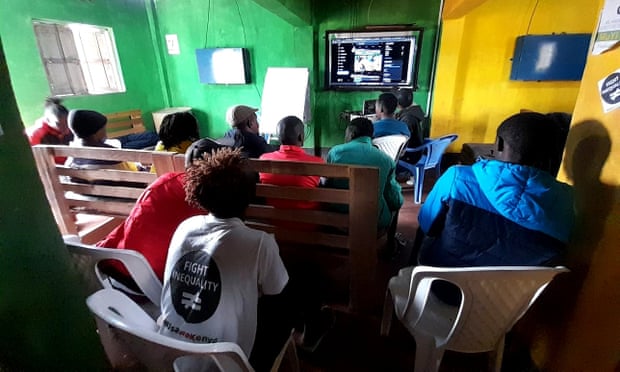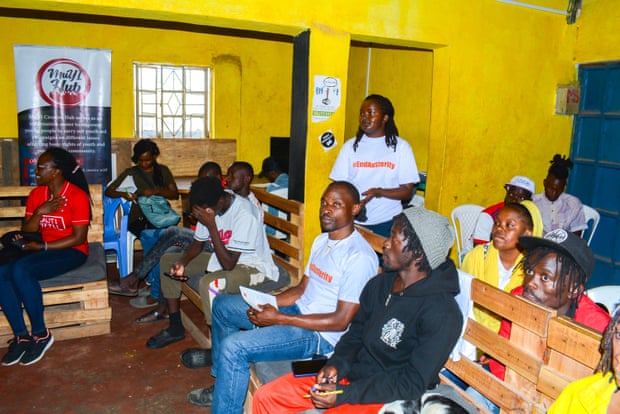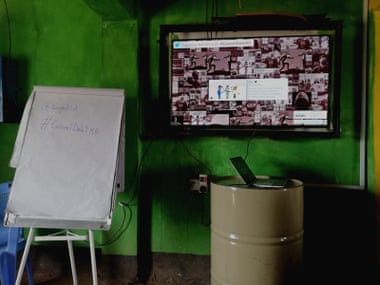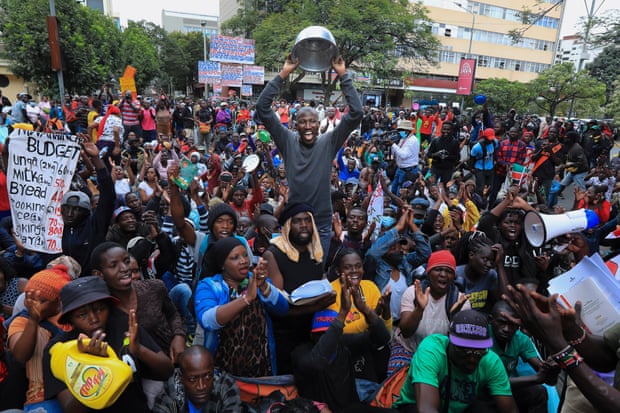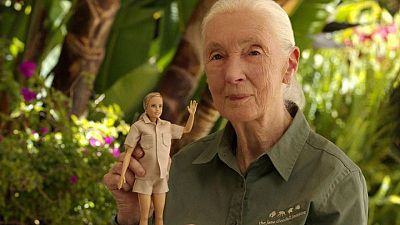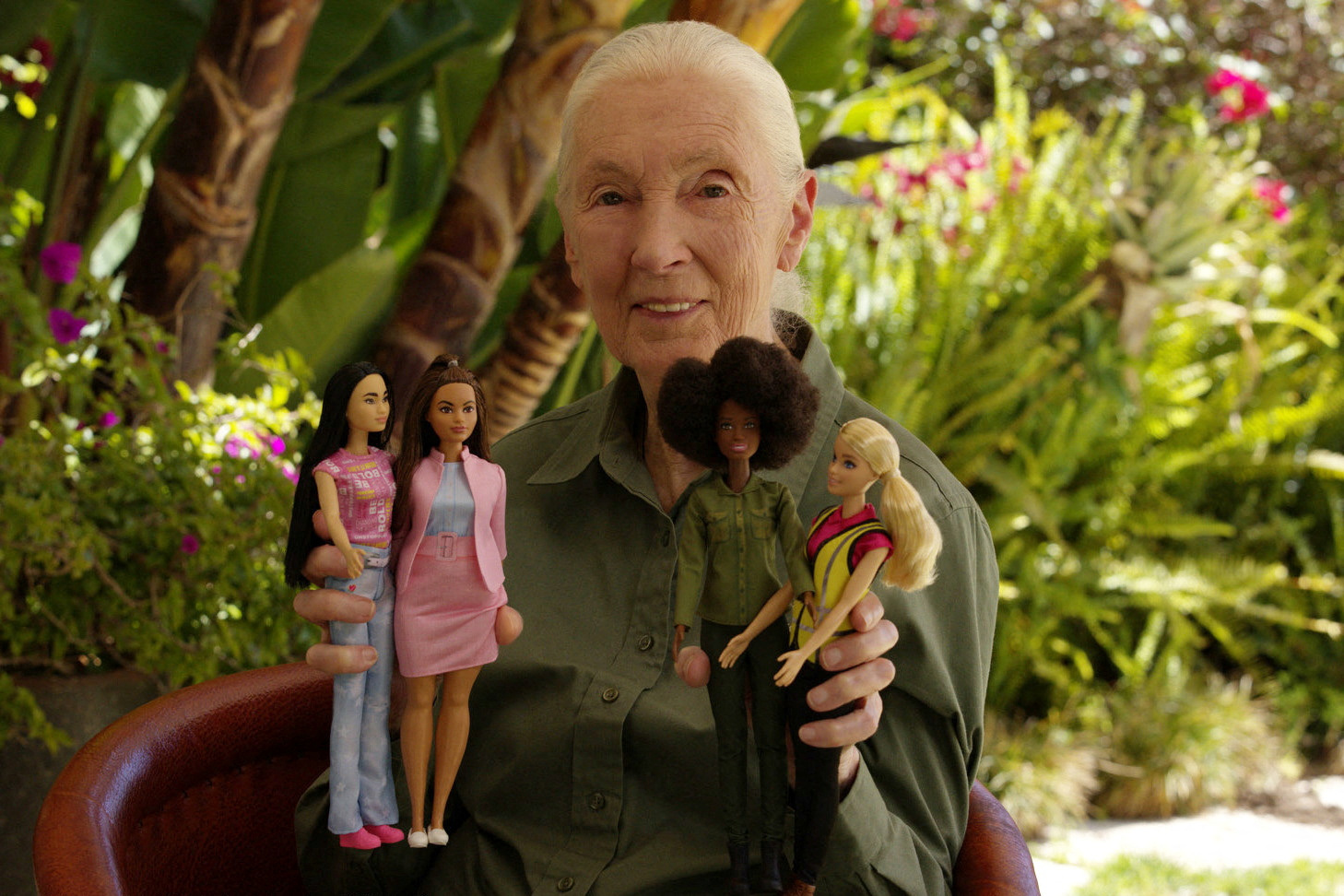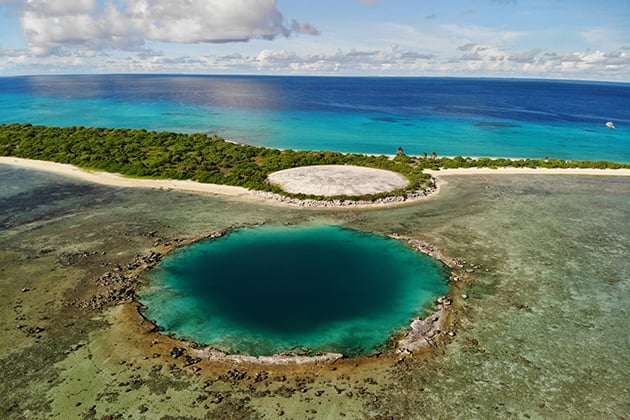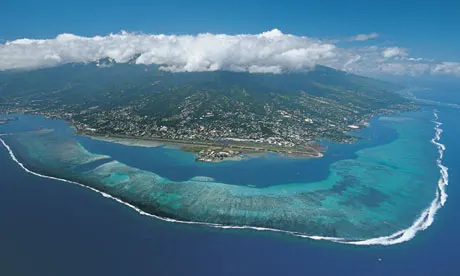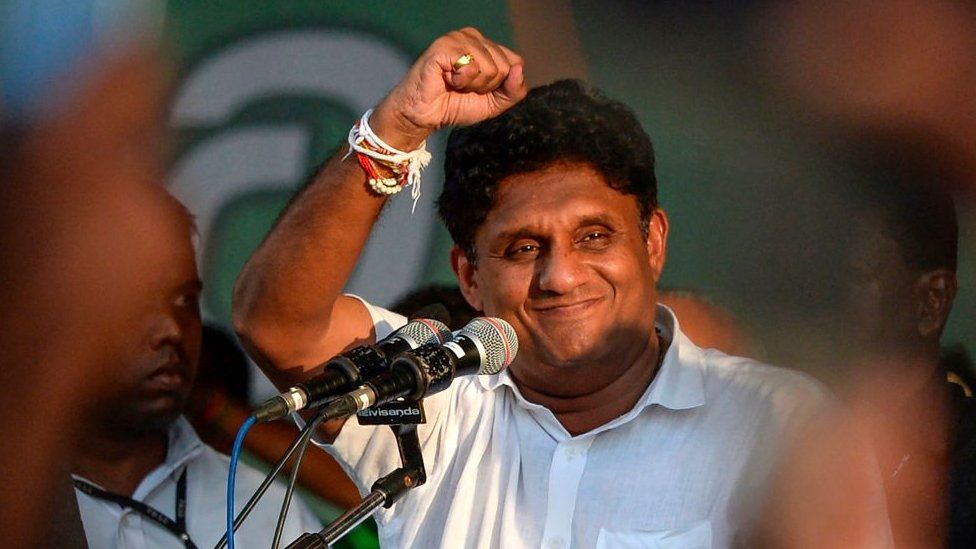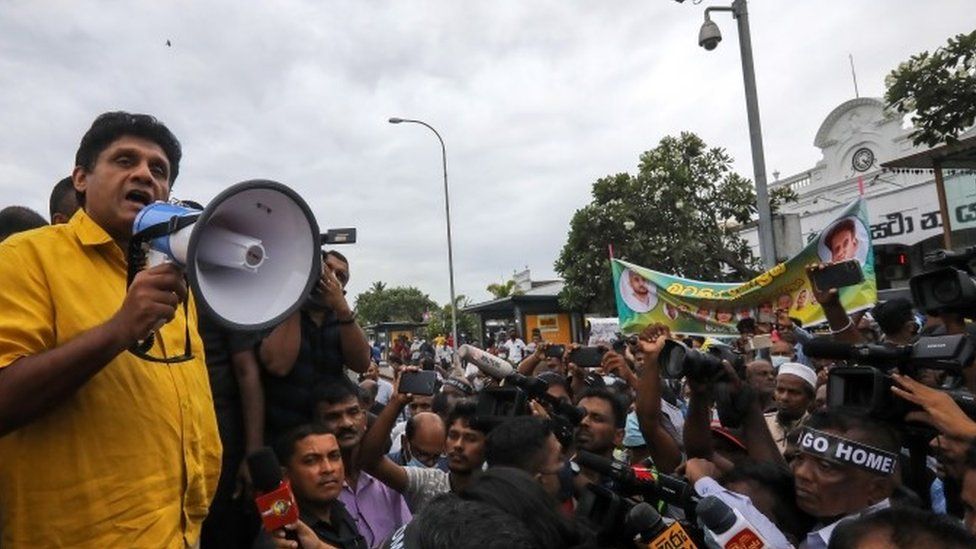[T]he heroism of normality in Cuba does not generate headlines.
— Cuban revolutionary journalist Rosa Miriam Elizalde
July 11, 2021 in Cuba quickly went from legitimate, valid, peaceful street protests to violent provocations and destructive acts directed by US clients in Cuba. Thousands of people in many cities, towns, and working-class neighborhoods took to the streets in response to harsh, deteriorating conditions — the worst of the Covid Delta infections, hospitalizations, and deaths on the island before the application of the Cuban-vaccines; the electricity blackouts in the scorching Cuban summer; on top of the existing shortages of food, gasoline, and medicines — and perceived shortcomings in government measures and action. This was accompanied by the highly orchestrated, parallel activation of longstanding counter-revolutionary networks, catalyzed and coordinated by US “social media” platforms with clear, documented threads leading to Washington and its minions. Of course, these counter-revolutionary networks are financially sustained and politically directed by US government agencies.
While most of the protests remained peaceful, there were significant levels of violence in numerous neighborhoods, including assaults on police and other citizens; the destruction and looting of public and private homes, properties, and businesses; and overturning cars and dumping garbage in the streets. Some 1300 Cuban citizens were initially arrested and detained, with most subsequently released. Hundreds have been charged and tried over recent months in judicial proceedings that are ongoing, around 70 on relatively minor charges. Heavy sentences have been handed down for those convicted so far – based on documented evidence with the right to defense council and due process – of the violent crimes referred above.
Fizzle and Collapse
As the July 11 anniversary comes and goes, its ephemeral character became apparent within days — if not hours — as the “unprecedented uprising against communist tyranny” and for “freedom” fizzled out and collapsed.
The first line of defense for the Cuban revolutionary socialist government, under the leadership of President Miguel Diaz-Canel, was not “repression” (of course, the violent riots perpetrated directly and indirectly by US clients had to be quickly contained and stopped by force) but was political, on two intertwined levels, in the historic traditions of the Cuban Revolution and the undefeated legacy of Fidel Castro and his extraordinary leadership team in defense of Cuban sovereignty and socialism.
Within hours and days of the July 11 protests and subsequent counter-revolutionary violence, the Cuban revolutionaries and working class vanguard took to the streets in mass counter-mobilizations which made crystal clear what the actual political and social relationship of forces on the island is.
Part of this revolutionary mobilization was the initiatives of the Diaz-Canel government to directly go to neighborhoods and communities and cities where protests erupted. President Diaz-Canel was continually present on the ground, not behind legions of heavily armed police and military, not before a staged, hand-picked audience, but rather to listen to grievances and project advances and solutions within the limitations of the asphyxiating blockade.
The political tone taken by the Cuban president and government was not to castigate and demonize those who took to the streets on July 11 as participants, but to differentiate between legitimate and valid grievances and demands and the US-directed counterrevolutionary subversion and violence. This was complemented and intertwined with the actions of the mass organizations – the Committees for the Defense of the Revolution (CDR); Confederation of Cuban Workers (CTC), Federation of Cuban Women (FMC), and the mass organizations of small farmers, students, artists and intellectuals, and more — that are the grass-roots mass expressions of Cuba’s participatory, socialist “democracy,” which is, of course, distinct from the forms and practice of capitalist parliamentary “democracy,” a subject of great theoretical and practical-political importance (and for a different essay I would like to take up in the future.)
A July 10, 2022 NBC News piece grudgingly states that:
Since the protests a year ago, Cuba has taken steps to try to address discontent relating to conditions in the island, including renovating about 1,000 impoverished neighborhoods. President Miguel Díaz-Canel has also stressed the ‘urgent effort’ of addressing ‘opportunity’ — rather than ‘assistance’— aimed at the country’s youth, including tackling issues of employment, training and housing.
(See attached speech by Miguel Diaz-Canel.
From Trump to Biden
After July 11, 2021 bipartisan Washington and the capitalist media oligopolies unleashed a propaganda blitzkrieg against the Cuban government. This campaign unrealistically (wildly so!) raised expectations and illusions across the board in Washington; this was especially the case with right-wing Cuban-Americans energized under the Donald Trump Administration. (President Joseph Biden’s policies and broken campaign promises to alleviate or reverse Trump’s deepening of the blockade also accelerated the growth of Puentes de Amor-Bridges of Love and the inspiring Caravan movement of Cuban-Americans against the blockade, which have spread across the US, Canada, and worldwide.)
The Biden Administration instead shamelessly used the July 11, 2021 events as a cover for continuing and deepening the very same Trump measures. From Trump to Biden there was a seamless transition in these stepped-up “regime change” programs and economic asphyxiation.
Perhaps most critical in this further imperialist turning-of-the-screws under Biden and US Secretary of State Antony Blinken was their decision to keep Cuba on the US State Department list of “state sponsors of terrorism,” reinstated in the last days of the Trump Administration. This obscenity is a stunningly bogus and two-faced fabrication that reversed the Barack Obama-Biden Administration’s removal of Cuba from the notorious list in May 2015. Revolutionary Cuba has been a historic and contemporary recipient of terrorism, mostly US-based, including directly and indirectly, from the US government. Inclusion on the lists makes state and private economic entities wary of economic exchanges with Cuba in fear of extraterritorial US sanctions.

“Repression”
Faced with the political debris from the post-7-11 failure of what had been the most concerted and coordinated stab at “regime change” in decades, Washington politicians and the capitalist media are settling on a common “explanation” for the actual course of events. The “explanation” comes down to the “exceptional” efficacy of Cuban government and state “repression.” That is, the ability of Cuba’s government and mobilized majority to defend itself and their sovereign workers state from the US blockade and US subversive projects, policies, and programs which are longstanding and well-funded. This is bipartisan Washington’s political line and rationalization for the collapse and routing of their client base and agencies…and they’re sticking to it!
A typical account in the NBC News online piece cited above quotes Juan Pappier, a “senior Americas researcher” at “Human Rights Watch”: “Over decades, the Cuban government has been able to develop a machinery of repression, which is unique in its sophistication in the Western Hemisphere,” said Pappier. What Human Rights Watch means by “unique in its sophistication” is that the Cuban Revolution and its revolutionary Marxist leadership has been particularly effective in defending itself against ongoing US bellicosity over many decades. That is fairly unique in the contemporary history of Latin American, Central American, and Caribbean revolutionary processes which necessarily come up against US subversion and intervention.
(See my article for a description of this notoriously anti-Cuban, Washington-echoing Human Rights Watch outfit.)

It is an illusion and a diversion to frame the failure of Washington and its clients inside Cuba to gain serious political traction and political momentum as the result of “repression.” It is, of course, the duty and obligation of the revolutionary socialist Cuban government to counter and defeat Washington’s permanent, subversive, “regime change” schemes. And the Cuban revolutionaries are damn good at it from experience! After all, necessity is the mother of invention.
What does not exist in Cuba for the counter-revolutionary forces under the direction of Washington is a mass base with a united organization and program. Their base is in Washington and part of the polarized Cuban-American community in Miami and elsewhere. Otherwise, inside Cuba what these forces have left are just various networks and money-laundering operations with threads that all lead to Washington. These groups do not exist to lead a mass counter-revolutionary movement for which they have no significant mass base, but to be points of support for any potential direct US military intervention and invasion under the “right” conditions of economic and social collapse from the US economic and political war.
Anyone with the slightest familiarity with Cuba’s mass participatory decision-making political forms and electoral processes – certainly distinct from the parliamentary democratic forms of many capitalist states — knows that freewheeling debate and contention within the Revolution is a norm that exists alongside necessary and voluntary revolutionary unity under the conditions of permanent economic, financial, and political siege by the US imperialist superpower. Within that crucible – not at all what any revolutionary Marxist would consider ideal – “socialist democracy” advances and flourishes. A stunning example today is the rich and sometimes contentious, nationwide debates, within a mass deliberative process, over modernization and updating of Cuba’s renamed Families Code that includes issues of same-sex marriage, the rights of children, and much more.
The caricature of a cowed and tyrannized Cuban population anxious to be “liberated” by a benevolent Uncle Sam is nonsense that has gained little political traction beyond the Washington and Miami policymaker’s bubble. Do most of them even believe it themselves?
Cracks in the Blockade’s Armor?
It is never easy for a bully to back down. Under some pressure to avoid a united boycott of the June 2022 US-hosted Summit of the Americas in Los Angeles Summit from numerous countries – including perhaps the entire bloc of Caribbean states constituting CARICOM – the Biden Administration made some limited concessions – easing family remittances (although mechanisms have yet to be established; loosening travel restrictions and allowing new airline routes; and liberalizing “people-to-people” exchanges (although normal tourist travel remains banned and hotel access for US citizens and legal residents is severely restricted) – that cushioned the Summit from a humiliating debacle. CARICOM, with the honorable exception of PM Ralph Gonsalves of the St. Vincent and the Grenadines – ended up in the room – although, once there, the remarks of CARICOM members blasted the exclusions of Cuba, Venezuela, and Nicaragua and US anti-Cuba policies from the floor.
At the same time the Biden Administration is under mounting pressure from the growing numbers of Cubans who are emigrating under the accumulating harshness of economic conditions that Biden’s blockade has maintained in continuity with Donald Trump’s policies. This is an inevitable consequence of the US economic war against Cuba. These numbers are up to over 140,000 leaving Cuba aiming to enter the US, the largest numbers since the so-called Mariel boat lift of 1980 that reached 125,000.
The Primary Contradiction
The triumph of the mobilized Cuban people and revolutionary socialist government over the Washington-directed “soft coup” was already apparent in the immediate aftermath of the July 11, 2021 events. This political triumph was intertwined with the successful development and production of Cuban vaccines against COVID-19 and the highly successful mass vaccination efforts, including for children two-years and up. November 15, 2021—the announced day that Cuban schools, tourism and much else officially reopened — was touted by Washington and its counter-revolutionary networks to be a day of renewed protests, with the banging of pots in the streets and from home windows, with all the hyperbole they could muster. But the “heroism of normality” triumphed on that day and the retreat and isolation of the US-directed counter-revolutionary network again fell flat.
We should add the incredible mobilizations – 6.5 million in the streets across the country, some one million in Havana – for the May Day celebrations which brought out the organized Cuban working class and fighting people as a whole. This was the first May Day held for two years because of COVID and the enthusiasm and determination of the marchers was evident to anyone there (as I was privileged to be).
 May Day 2022 in Havana
May Day 2022 in Havana
All of this has also led to negative political consequences for the bipartisan US anti-Cuba aggressive policy implemented by Biden and Blinken in their first 18 months in the White House and “Foggy Bottom.” Their policy has failed to gain traction and remains isolated in the Americas, as registered at the Los Angeles Summit. This will be further registered worldwide in the annual Fall vote in the UN General Assembly – this will be the 30th such vote since 1992! – to overwhelmingly oppose the US extraterritorial commercial, financial, and economic embargo, the blockade. (Washington, of course, has appealed for the UN General Assembly to condemn the invasion of Ukraine by the Russian Federation government of Vladimir Putin but has tried to put its head in the sand over 30 consecutive UN condemnations!) But for now bipartisan Washington is carrying on amidst the growing political wreckage.
At the same time, the economic (and thereby social) crisis in Cuba continues to deepen with a horrific, devastating impact. The US blockade is a sadistic policy, insofar as its authors are conscious of the human consequences of the tightening of the US asphyxiation policies under Trump and Biden.
In summary, we can say that the primary contradiction at this conjuncture in the fight for the normalization of US-Cuba relations is between the political isolation of bipartisan Washington and the political defeat – after such raised expectations and the anti-Cuba, anti-communist propaganda blitzkrieg – from July 11 to November 15, 2021 on one hand and the continuing and deepening material pounding from the blockade on the Cuban economy and people on the other.
It is clear from eyewitness reports from recent visitors to Cuba from the US solidarity movement that we are approaching a reality where Cuban people are going to die from shortages in medicines such as insulin and many other life-saving medications and medical equipment that the blockade prevents Cuba from purchasing. (And let us never forget – or forgive – that the blockade was deepened by the Trump and Biden Administrations during the worldwide COVID-19 pandemic.)
Everything in the next period flows from this primary contradiction which is also the primary political dynamic. There is no question that the resistance of the Cuban workers state, elected government, and fighting people will continue on every front. Biden and Blinken are going into a period where their anti-Cuba policy is more, not less, isolated. The October 2022 parliamentary elections in Brazil seem set for the ignominious ouster of the Jair Bolsonaro regime and the election of Luis Ignacio Lula da Silva. Lula da Silva, like President Andres Manuel Lopez Obrador of Mexico, is an historic friend of Cuba and a strong opponent of the US anti-Cuba blockade.
If elected, Lula, like other newly elected left-wing governments in Honduras, Chile, and Colombia, may or may not be able to effectively counter the resistance of the capitalists and large landowners, backed by the capitalist states (military, police, courts, prisons) they will be governing, to any progressive reforms in the interests of the working class, landless peasants, oppressed nationalities, women, and youth or anti-imperialist policies they aim to carry out to significantly diminish the neoliberal capitalist order in the current, mounting world capitalist economic crisis with its permanent political volatility and instability.
Nevertheless, none of these governments, even Chile’s President Gabriel Boric, who has tossed out some anti-Cuba boilerplate while also speaking out against the blockade, will be an ally to Biden and bipartisan Washington, in pursuing the criminal blockade.
The remaining months of 2022 will see the UN vote, the Brazilian presidential and parliamentary elections, and the mid-term Congressional elections in the United States.
The Cuba solidarity and anti-blockade movement must build on our significant advances in the next period to step up our solidarity aid and our political work against the blockade. Out of many fronts of struggle let us unite in one fist against the blockade. Let us support the many solidarity caravans and brigades traveling to Cuba in the coming days, weeks, and months. Support and donate to the Saving Lives Campaign for US-Cuba-Canada Collaboration and the Global Health Partners Campaign to send critically needed anesthesia machines and sutures to the Calixto Garcia Hospital main surgical trauma center in Havana. Let us unite in mass actions in New York City, across the US, Canada, and worldwide to mark the Fall UN vote!
We Are With the World!
Cuba Si, Bloqueo No!Facebook
Ike Nahem is a retired Amtrak Locomotive Engineer and Teamsters Union member. A longtime anti-imperialist, socialist, and Cuba solidarity activist and leader, Ike is a founder and organizer for the New York-New Jersey Cuba Si Coalition, a member of the US National Network on Cuba, and a central organizer of the forthcoming March 18-20 International
US-Cuba Normalization Conference in New York City. He is the author of many published, widely circulated essays online including The Life of Fidel Castro: A Marxist Appreciation and To the Memory of Malcolm X: Tribute to a Revolutionary. Contact Ike at
ikenahem@gmail.com.
Read other articles by Ike.
